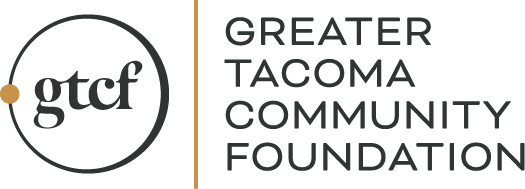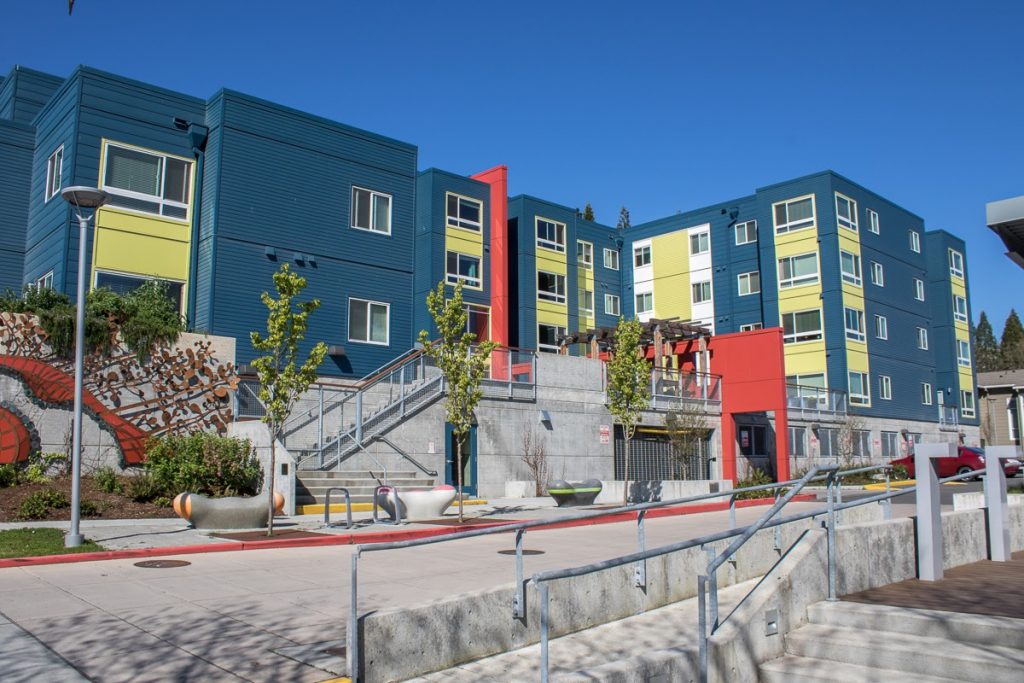
Community
5
2018
Rising Rates, Flat Funding: What’s at Stake?
The good news is that Tacoma is being recognized for its quality of life. Sunset Magazine named Tacoma a “Game-Changing Place to Live” earlier this year saying, “though roasteries and vegan restaurants are popping up to serve the fresh blood, housing remains startlingly affordable”.
The bad news is Tacoma’s unprecedented growth is undermining that affordability even as it’s being celebrated. The Tacoma News Tribune reported in January that, according to Trulia, a real estate data firm, “median rents rose an estimated 8.8 percent from 2016 to 2017 — to $1,785 per month according to the report — the biggest increase by its measure in the nation.”
To afford a two-bedroom apartment in Tacoma requires a full-time wage of $21 per hour. That means 83 percent of rental housing in Tacoma is not affordable to very low-income households.
Greater Tacoma Community Foundation has been involved with housing issues in Pierce County through different initiatives. In 2011, GTCF participated in a blue-ribbon commission to address youth homelessness. Last year, as part of the Fund for Women & Girls Women’s Economic Opportunity workshops, housing costs surfaced as a critical factor for female heads of household self-sufficiency. Another way we’ve been involved with the issue is through exploring an impact investing approach to support affordable housing development.
This issue is a bigger problem than any single institution could address, though. With national trends and outside pressures adding to the rising costs, affordable housing can’t be solved piecemeal or individually. The need for a comprehensive approach to housing, one that brings together all sectors of the community, came into focus last month as Tacoma Housing Authority (THA), the largest affordable housing developer in the region, shared with community stakeholders their challenge to keep up with the need for housing when federal funding has remained flat while rates have risen.
Despite careful planning and maximizing every dollar, THA faces a $600,000 shortfall trying to keep up with the rental market and still serve thousands of residents in need. At the end of February, the THA Board of Commissioners made the painful decision to lower their expected utilization rate to 95% of the baseline number of families that HUD assigned in 2010.
THA isn’t the only organization to feel the impact of housing costs. GTCF has heard from other organizations about housing challenges. United Way’s Dona Ponepinto shared that 36% of Pierce County residents struggle to make ends meet. Their 2-1-1 call center received 5,000 calls last year for rental assistance, and 7,000 calls for shelter needs.
As big as this issue is, it comes down to the security of the people we love. City of Tacoma Mayor Victoria Woodards reminded us what is ultimately at stake: our families. After 24 years renting a home, last summer Mayor Woodard’s mother was given 30 days to vacate her house. Even with a good rental history, her mother had a hard time finding a new place to live.
Pierce County Council member Connie Ladenburg shared her thoughts on the importance of affordable housing in a Tacoma Weekly article:
“Pierce County’s Housing and Homelessness Program manager has often said, ‘We don’t have a homeless problem…we have a housing problem.’ I couldn’t agree more.”
Although the current situation is full of challenges, the good news is GTCF has seen that the community is willing, ready, and able to work together to develop sustainable and far-reaching solutions. Whether you’re a community leader, a volunteer, or a donor, if you care about making sure everyone has a home, you’re not alone.
Our nonprofit database lists 48 organizations addressing housing needs. Learn more by exploring the organizations’ websites, or reach out to GTCF’s donor services to find out how individual philanthropy can make a difference for the causes that matter to you.

